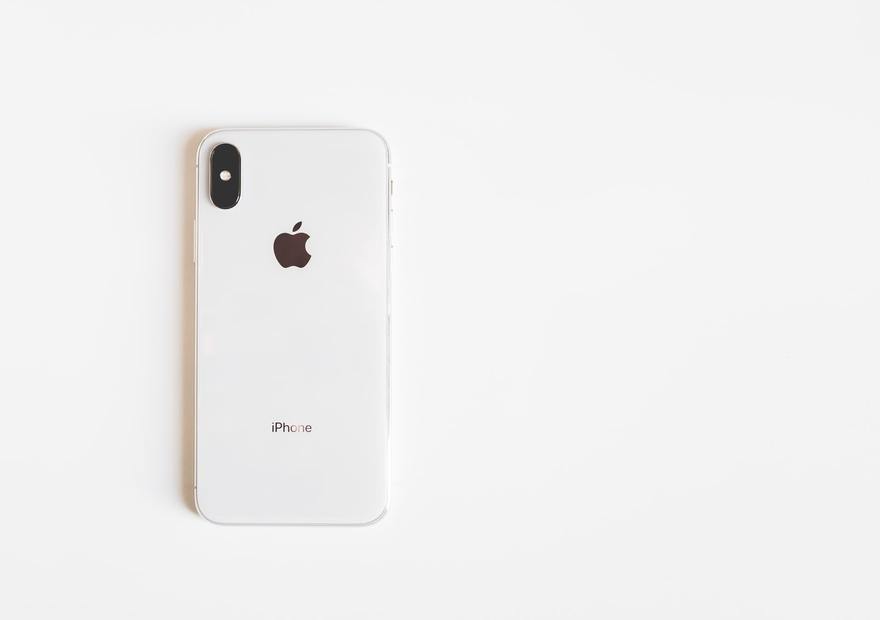
Can Police Make You Use Your Fingerprint to Unlock Your Phone?
Many newer smartphones allow owners to unlock their phone with the touch of their fingerprint.
Smartphone manufacturers market the fingerprint lock as an advancement in security. I would probably bet that a good number of people do not set a passcode lock on their phone because it’s annoying to have to enter a passcode to check your phone every ten minutes. But, many more people probably would – and do – set up the fingerprint lock feature on their phone.
So, what’s the difference between a fingerprint and a passcode? Well, when it comes to compelled police searches of your phone, the difference is enormous.
Police Can Force You to Use Your Fingerprint to Unlock Your Phone
Police can force iPhone – or any other smartphone equipped with fingerprint technology – users to unlock their iPhone if the iPhone is only secured by fingerprint security. As long as the police have obtained a valid search warrant, they can command an iPhone owner to put her finger on the button and unlock the phone.
Police Cannot Force You to Divulge Your Passcode to Unlock Your Phone
If your iPhone is protected by a passcode, then the police cannot compel you to disclose the passcode for purposes of forcing you to unlock your phone. It does not matter if they have secured a search warrant. A search warrant cannot compel an iPhone owner to disclose the phone’s passcode. The Fifth Amendment protects us from being forced by the government to provide evidence against ourselves. This is the right against self-incrimination.
Why the Legal Distinction Between A Fingerprint And A Passcode?
Courts have drawn a legal line separating a fingerprint from a passcode. Fingerprints are viewed as who we are rather than what we know. A passcode is data stored in the brain, something we know. Fingerprints, on the other hand (sorry, couldn’t resist), are much more accessible and make up our “biometric data.”
This is a key distinction for purposes of compelled police searches. Providing a passcode requires giving an oral statement to the police that potentially incriminates an individual. Courts refer to this as a “testimonial statement.” The Fifth Amendment gives us the right to remain silent and prevents the government from compelling a testimonial statement.
Fingerprints are classified with DNA samples or voice samples. This is not viewed as evidence you know; so, forcing you to put your finger on your iPhone is not the same as compelling a testimonial statement. You’re not being forced to say something you know that potentially incriminates yourself.
Moral of the story? If you know you’re keeping potentially incriminating or unlawful information on your iPhone, best to lock it up with a passcode instead of a fingerprint.
Schedule a Consultation With a Criminal Defense Lawyer
Contact our criminal defense lawyers today for a free consultation.
Our criminal defense lawyers are licensed in Minnesota, North Dakota, and United States District Court.
If the police have unlawfully recovered evidence against you by illegally searching your iPhone, our criminal defense lawyers will fight to have the evidence suppressed.



